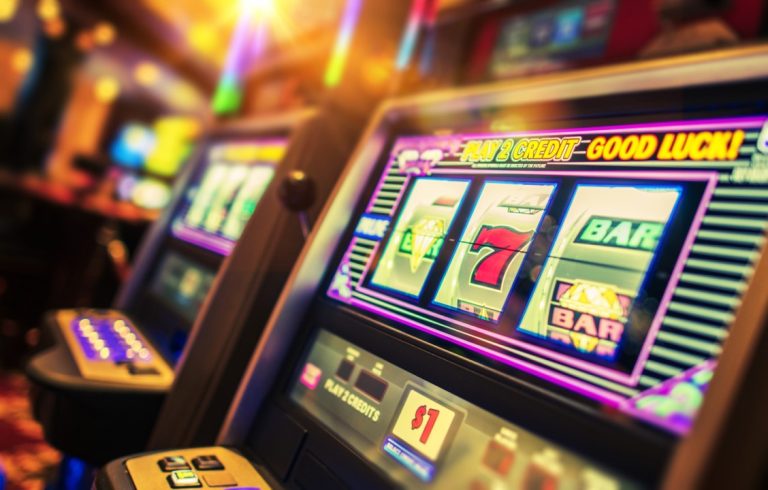
Peer-to-peer (P2P) casino platforms are transforming the gambling industry by allowing players to compete directly against one another rather than against the house. This innovative approach offers a more dynamic and social gaming experience while fostering fairness and transparency. By leveraging blockchain technology, smart contracts, and decentralized systems, P2P platforms create a level playing field for players worldwide.
What Are Peer-to-Peer Casino Platforms?
Peer-to-peer casino platforms are online gambling systems where players interact directly, wagering against each other instead of the casino. These platforms typically facilitate games like poker, blackjack, and betting exchanges, enabling users to set their terms for wagers and payouts.
How Peer-to-Peer Casino Platforms Work
P2P platforms operate differently from traditional casinos:
- Player Matching: The platform matches users with similar preferences or stakes.
- Transparent Betting: Wagers and payouts are managed using smart contracts to ensure fairness.
- Reduced House Edge: Unlike traditional casinos, P2P platforms may charge only a small fee for hosting the game, leaving winnings entirely to the players.
- Decentralized Infrastructure: Blockchain ensures that transactions and outcomes remain transparent and immutable.
Benefits of Peer-to-Peer Casino Platforms
P2P casino platforms offer several advantages to players and the industry:
- Fair Play: Since players bet against each other, there’s no house advantage.
- Lower Costs: Minimal fees make gambling more accessible and lucrative for participants.
- Enhanced Privacy: Decentralized platforms often allow anonymous play, protecting user identity.
- Greater Control: Players can set custom betting terms and choose opponents, giving them more autonomy.
- Global Accessibility: Blockchain-based platforms enable seamless participation from anywhere in the world.
Popular Features of P2P Casino Platforms
These platforms stand out with unique features:
- Smart Contract Integration: Automates wagers, ensuring payouts without manual intervention.
- Provably Fair Games: Players can verify the fairness of game outcomes through blockchain audits.
- Customizable Games: Users can modify game rules and create private tables.
- Social Interaction: Chat functions and live features enhance player connections.
- Cross-Currency Support: Players use cryptocurrencies or fiat currencies for transactions.
Challenges Facing Peer-to-Peer Casino Platforms
Despite their advantages, P2P platforms encounter several challenges:
- Regulatory Uncertainty: Many jurisdictions lack clear laws for P2P gambling.
- Fraud Risks: Decentralized systems can attract malicious actors if not adequately secured.
- Complex User Experience: Blockchain-based platforms can be intimidating for non-technical users.
- Liquidity Issues: A lack of active players can result in delays in finding matches.
- Trust Concerns: New platforms must overcome skepticism and establish credibility.
Technology Driving P2P Casino Platforms
The rise of P2P casino platforms relies heavily on advanced technologies:
- Blockchain: Ensures transparency and decentralization.
- Cryptocurrencies: Facilitates fast and secure payments.
- Artificial Intelligence (AI): Matches players efficiently and detects suspicious activities.
- Smart Contracts: Automates and secures all financial transactions and game rules.
Future of Peer-to-Peer Casino Platforms
P2P platforms are expected to grow rapidly, driven by technology and player demand:
- Enhanced Player Engagement: Gamification will make these platforms more interactive and appealing.
- Global Expansion: Decentralized systems will attract players from regions with limited access to traditional casinos.
- Integration with Metaverse: Virtual spaces will host P2P games, creating immersive experiences.
- Advanced Security Features: Biometric authentication and AI-driven fraud detection will enhance safety.
- Broader Game Selection: Developers will introduce diverse games to cater to all player preferences.
Conclusion
Peer-to-peer casino platforms represent the future of online gambling, offering fairness, transparency, and player empowerment. By bypassing traditional house models, these platforms provide a unique gaming experience that appeals to tech-savvy players seeking control and social interaction. As technology advances and adoption grows, P2P casino platforms will continue reshaping the gambling landscape.



